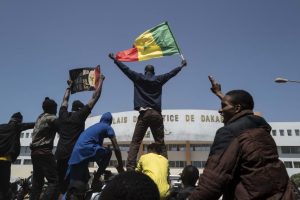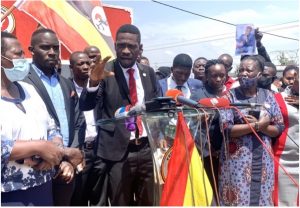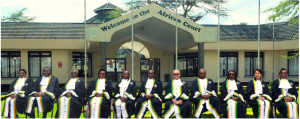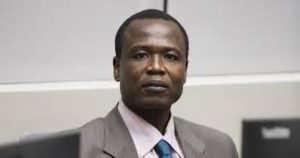By: Alexis Eka
Impunity Watch Staff Writer
PALMA, Mozambique – On March 29, 2021, hundreds of people remain missing several days after an Islamic State (ISIS) associated group referred to as Al-Shabab raided Palma in Mozambique’s northern province near Cabo Delgado. Since March 25, 2021, there has been an increase in violence when this group raided the gas-rich town of Palma. There has been a recent increase in killings and wounding, subsequently causing the flight of a numerous number of civilians. Several hundreds of militants invaded Palma targeting shops, banks, and military barracks.
The attack in Palma began hours after Mozambique’s government and Total, the French oil and gas company, announced that they would continue work outside of the Provenience on the natural gas project near Mozambique’s northeastern border with Tanzania. Palma Provenience is a large gas project run by a France energy giant. As a result of this violence, approximately 200 workers sought shelter in the Palma hotel. News reports state that many people were running and shooting, alluding to the fact that Al-Shabab was present. Omar Saranga, a representative for Mozambique’s defense department, expressed to journalists that “[o]n March 24, a group of terrorists penetrated the headquarters of Palma village and unleased actions that culminate with the assassination of dozens of defenseless people including both locals and foreigners working in the region.”
The violence has left more than 2,500 people dead and approximately 700,000 displaced and severely injured since the beginning of the insurgency in 2017. Reports from the media and witnesses from Palma indicate that many citizens have been beheaded and their remains lie along the streets of the Palma provenience. Phone lines to Palma have been down; therefore, making it difficult to obtain information.
Mozambican civilians continue to look to their governmental authorities to ensure their safety and security. Security forces and resources deployed to Palma have been advised to respect humanitarian law and to maintain all civilians in their custody with decency and humanely.
For further information, please see:
AP News – Rebels besiege town in northern Mozambique for fifth day – 29 Mar. 2021
BBC – Mozambique Dozens dead after militant assault on Palma – 29 Mar. 2021
CNN – Foreigners and locals among dozens killed in Mozambique terror attack – 29 Mar. 2021
Human Rights Watch – Mozambique: Protect Residents Fleeing Northern Town – 26 Mar. 2021
Human Rights Watch – Hundreds Missing After Mozambique Attack – 29 Mar. 2021
NPR – Insurgents Kill Dozens In Attack On Natural Gas Complex in Mozambique – 29 Mar. 2021



